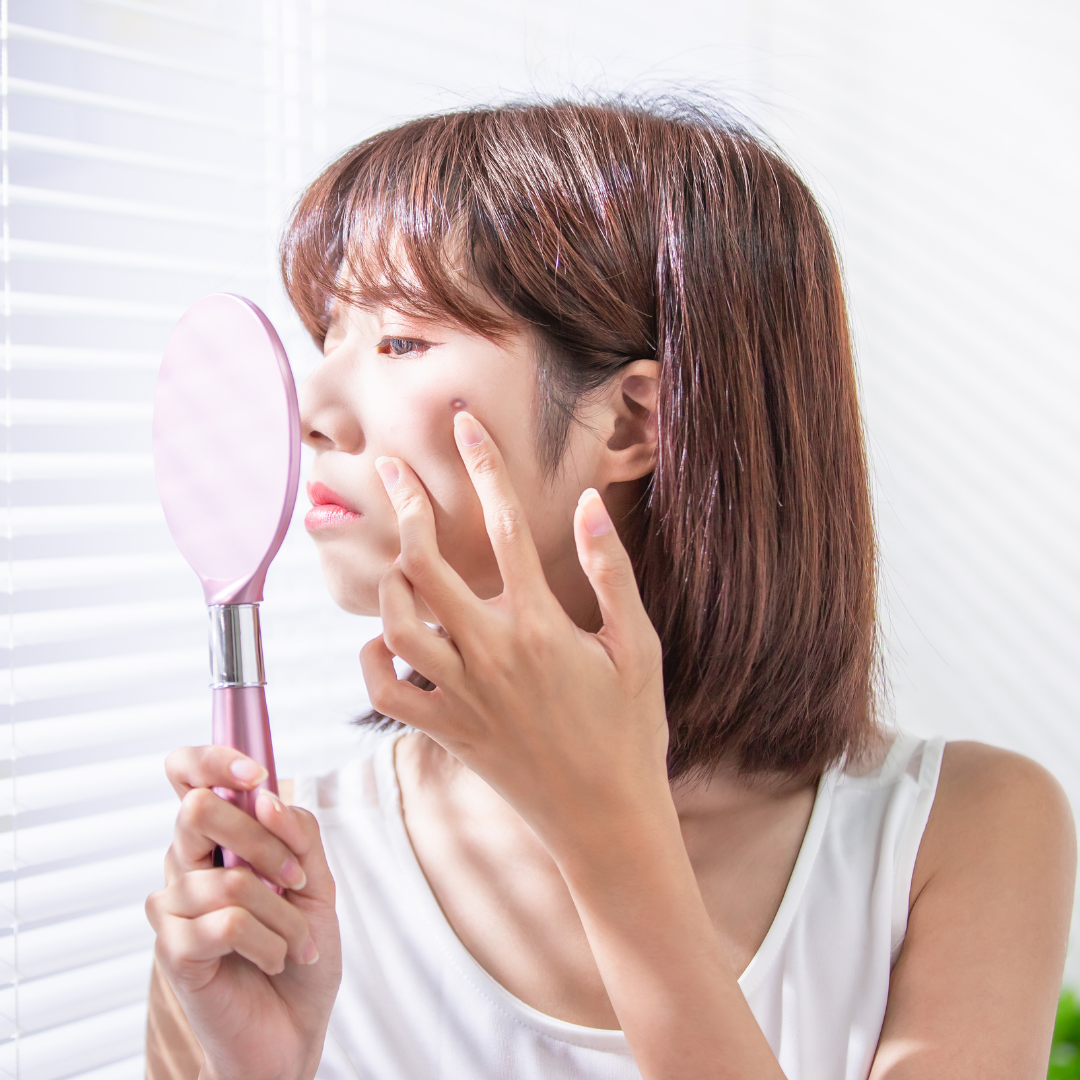Acne is no fun; even the mildest cases can cause a lot of stress and embarrassment. If you are acne-prone, you know how frustrating it can be, and it is even worse when you are going through puberty. That is why it is so important to treat acne-prone skin properly.
Acne is one of the most common skin conditions among teenagers and adults. It forms when hair follicles get clogged and produce an excess of dead skin cells. Any number of things can cause or worsen acne, including stress, certain foods, hormonal fluctuations, certain medications, and mild or severe skin infections.
A good acne treatment varies from person to person. Some acne-prone skin may respond well to over-the-counter acne products, while others may require prescription-strength medications or topical ointments. Similarly, some people may benefit from receiving a consultation from clinics like 8 West to improve the quality of their skin. Such clinics tend to recognizes that different individuals have different needs and, therefore, curate bespoke treatment plans. Additionally, such clinics can provide expert guidance on maintaining a healthy skincare routine and preventing future breakouts.
Washing Twice a Day
Washing your face twice a day and using acne treatments will help keep your skin clear and free of pimples. Washing your face twice a day also prevents dirt and oil from attaching to your face. The best way to wash your face is with a gentle face cleanser, like the ones made by Neutrogena, which will remove excess oil and grime from your skin effectively. Products like Neutrogena Oil-Free Acne Wash are also great because they contain salicylic acid, an ingredient that kills bacteria that cause acne. The Neutrogena Oil-Free Acne Wash comes in a small bottle but will last for a long time.
Do not Use Harsh Exfoliates
If you are prone to adult acne, a gentle cleanser is necessary since skin that is irritated can cause further breakouts. Exfoliation is also an important product you need to slough off dead skin cells that can clog pores and lead to acne. NUDESTIX Dream Cream Exfoliator is a four-in-one product that gently exfoliates, reduces the look of pores, and soothes your skin. A best at home glycolic peel can give you a powerful yet gentle exfoliation, which can help in keeping the pores clear and help with acne scars or dark spots by lightening those areas over time.
Use a Noncomedogenic Products
Generally speaking, non-comedogenic products do not clog pores. Products containing oil, such as certain cosmetics and certain moisturizers, tend to cause breakouts. But non-comedogenic products do not cause blemishes: they are less likely to clog pores, which means they are less likely to irritate the skin. Non-comedogenic products tend to be non-comedogenic, too. They will leave your skin feeling fresh and clean without causing irritation.
Proper Skincare routine
While some people may believe that acne is only caused by dirt and grime clogging your pores, that is not always the case. Acne can also be caused by improper skin care. Hence, having a good skin care routine becomes very important in order to protect your acne prone skin. So, develop a proper skincare routine with products that suit your skin. You could also avail facial spa services occasionally; facial treatments can deep clean your pores and calm redness and breakouts. Additionally, consider including a serum containing ingredients like niacinamide or hyaluronic acid into your skincare routine, as they can help reduce inflammation.
Nevertheless, even with a dedicated skincare routine, if persistent acne is causing frustration, don’t lose hope! In such instances, it might be a smart choice to seek help from an Aesthetics Clinic and consult with a dermatologist for a customized treatment plan. A skin specialist can come up with best cosmetic procedure to help you achieve a clearer and healthier looking skin. Remember, professional guidance can make a significant difference in addressing stubborn acne concerns.
Hair Care Routine
Acne is very treatable, and many treatments today offer fast results. But one effective treatment that is often overlooked is the use of at-home haircare products. Many acne sufferers have noted that switching to milder products, like shampoos and conditioners has helped clear up their acne. This is due in part to the ingredients in the products, such as sulfates, which strip the hair of natural oils and clog pores. Your best bet is to use products that are specially formulated for acne-prone skin. When buying these products, look for tea tree, witch hazel, and benzoyl peroxide ingredients.
Be hydrated
By staying hydrated, you will be helping to reduce the appearance of acne by reducing the chances of developing acne in the first place. Drinking water will also aid in clearing up existing blemishes and acne. The amount of water you need to drink to stay hydrated is about 5 to 8 cups a day, or about 1.5 to 2 liters. Staying hydrated will help the body to naturally get rid of toxins that may be stored up in the body, resulting in acne.
Beware of Diet
Losing weight can sometimes trigger acne breakouts. Your diet may be causing it. Avoiding certain foods is essential for long-term skin health. The cause of acne breakout is not limited to soda and greasy foods. Many snack foods are notorious for triggering breakouts, including salty potato chips and fatty candy bars. Foods high in sugar, such as refined carbohydrates, tend to result in more oil in the body, which can cause acne.

